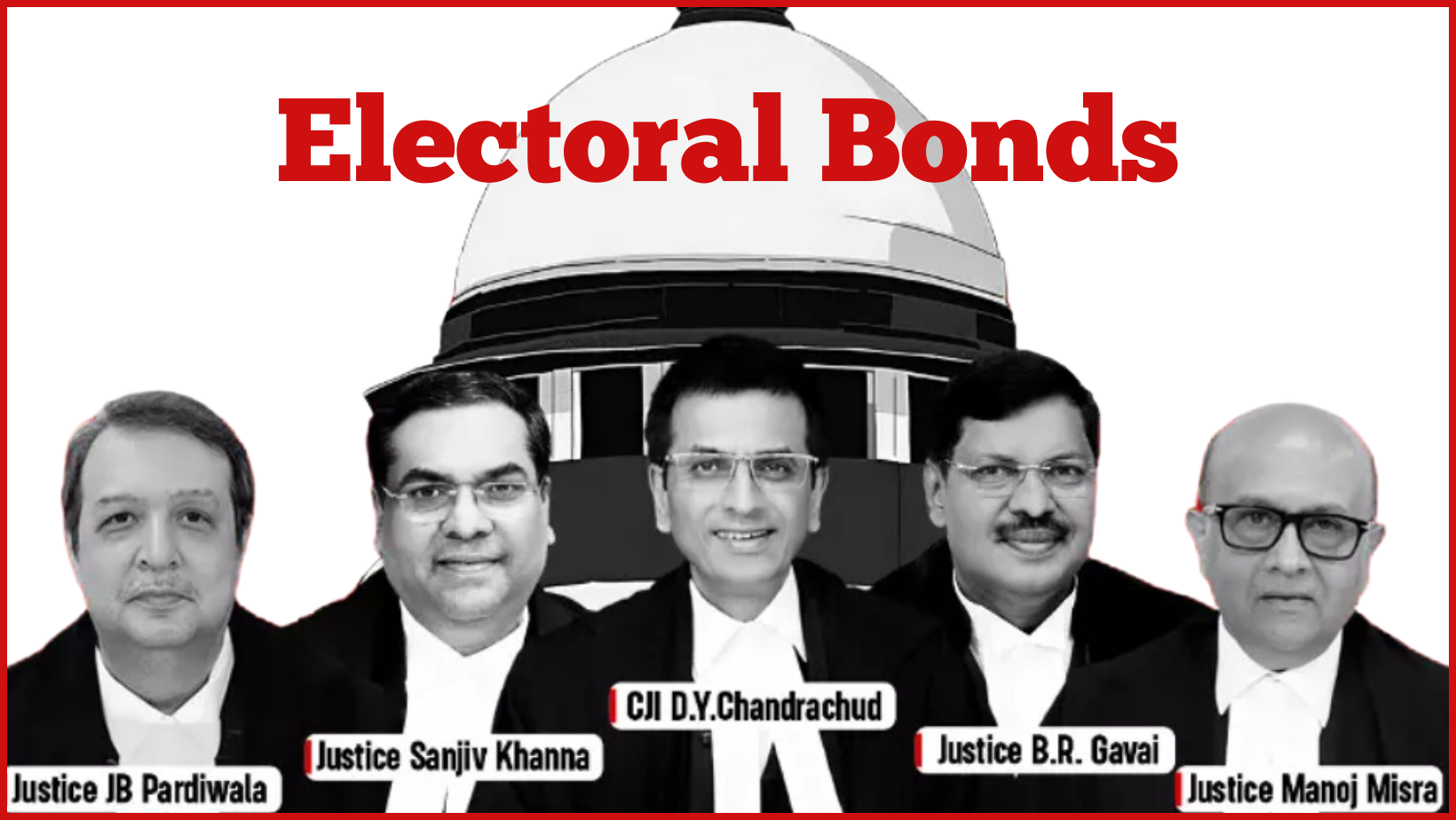Introduction
In a groundbreaking move, India’s Supreme Court has shaken the political landscape by declaring the electoral bonds system unconstitutional. This system, introduced in 2018, allowed individuals and companies to donate money to political parties anonymously and without limits.
The Anonymous Mirage: Electoral Bonds Unveiled
The Birth of Electoral Bonds
Electoral bonds, introduced in 2018, provided a cloak of anonymity for political donors. Donors could purchase these bonds from the State Bank of India and donate them to a political party of their choice.
The Veil of Secrecy
The bonds, exempt from tax, did not carry the name of the donor, raising concerns about government access to data through the state-owned SBI. This anonymity, touted as a feature, became a contentious point in the national discourse.
The Unraveling Drama: Supreme Court’s Verdict
The Court’s Decisive Move
Recently, the Supreme Court ruled that the electoral bonds system undermines the democratic fabric by allowing anonymous political contributions. The decision is seen as a significant setback for Prime Minister Narendra Modi’s Bharatiya Janata Party (BJP), the main beneficiary of the system introduced in 2017.
The Rationale Behind the Decision
The court emphasized that political contributions through the electoral bonds system gave contributors undue influence over policy-making, creating an “extra layer of opacity.” This ruling aims to address the crucial issue of people’s right to know who funds political parties.
Unveiling the Figures: ADR’s Revelation
ADR’s Eye-Opening Statistics
The Association for Democratic Reforms (ADR) revealed staggering numbers – between 2018 and March 2022, nearly 57 percent of these anonymous donations went to the BJP, while the opposition Indian National Congress received only 10 percent.
The Black Money Conundrum
Critics had condemned the system, labeling it as a way to funnel “black money” to parties. On the other hand, the government argued that it mitigated the use of cash in political funding. The court’s decision reinstates corporate donation limits, addressing concerns about undisclosed funds influencing politics.
The Aftermath and Future Implications
Impact on General Elections
Transparency campaigners believe the court’s decision will significantly impact the upcoming general election in India, scheduled by May. The ruling aims to level the playing field and ensure a fair and transparent democratic process.
Corporate-Political Nexus
The court highlighted the potential for quid pro quo arrangements between companies and political parties, signaling a new era of accountability. The decision has far-reaching implications for the relationships between big corporations and political entities.
Conclusion
In the twilight of the electoral bonds system, the Supreme Court has illuminated the path toward a more transparent and accountable political landscape in India. The ruling, though challenging the status quo, reinforces the fundamental principles of democracy – the right to know, fairness, and the voice of the people.
Frequently Asked Questions (FAQs)
- What were the key arguments in favor of the electoral bonds system?
The government argued that it mitigated the use of cash in political funding, promoting a cleaner and more accountable political ecosystem. - How did the court address concerns about donor anonymity?
The court directed the State Bank of India to stop issuing electoral bonds, disclose identity details of buyers, and provide information about bonds redeemed by each political party, eliminating the veil of anonymity. - What impact is the ruling expected to have on the upcoming general election?
Transparency campaigners believe the decision will significantly impact the election, ensuring a fair and transparent democratic process. - Why were critics concerned about the electoral bonds system?
Critics labeled the system as a way to funnel “black money” to political parties, raising questions about the integrity of the political funding process. - How did the court address the issue of potential quid pro quo arrangements?
The court reinstated corporate donation limits, highlighting the potential for quid pro quo arrangements between companies and political parties, signaling a new era of accountability.

